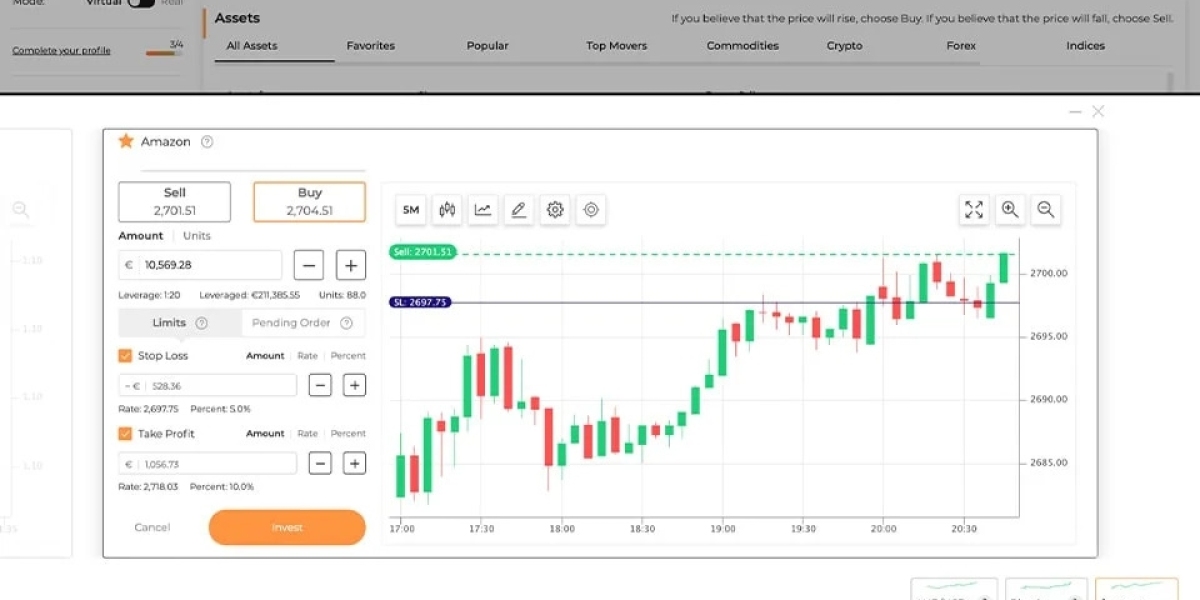In recent years, the global emphasis on sustainable and eco-friendly practices has led businesses to explore alternative sources of energy. Among these alternatives, commercial solar panels have emerged as a popular choice for empowering businesses with clean energy solutions. This article delves into the insights surrounding commercial solar panels and how they are revolutionizing the way businesses meet their energy needs while contributing to a greener planet.
The Rise of Clean Energy Adoption
As concerns about climate change and environmental impact intensify, businesses are under increasing pressure to transition towards sustainable practices. Clean energy adoption has become a key strategy for corporations aiming to reduce their carbon footprint and align with global environmental goals, such as the Paris Agreement.
Understanding Commercial Solar Panels
Commercial solar panels, also known as photovoltaic (PV) systems, are designed to harness sunlight and convert it into electricity. These panels consist of multiple solar cells made from semiconductor materials, such as silicon, that generate direct current (DC) electricity when exposed to sunlight. This electricity can then be converted into alternating current (AC) power through inverters for use within commercial properties.
Key Benefits for Businesses
1. Cost Savings
One of the primary incentives for businesses to invest in commercial solar panels is the potential for significant cost savings. By generating their own electricity from sunlight, businesses can reduce their reliance on traditional energy sources and potentially lower their utility bills. In some cases, businesses can even sell excess electricity back to the grid, creating an additional revenue stream.
2. Environmental Impact
Commercial solar panels offer businesses a tangible way to decrease their environmental impact. By utilizing renewable energy, companies can substantially reduce their greenhouse gas emissions and overall carbon footprint. This not only enhances a business's reputation as environmentally responsible but also contributes to broader sustainability initiatives.
3. Energy Independence
Relying on traditional energy sources exposes businesses to volatile market prices and potential supply disruptions. Commercial solar panels provide a degree of energy independence by generating power on-site. This can be particularly advantageous during times of peak demand or energy shortages.
4. Long-Term Investment
Investing in commercial solar panels can be viewed as a long-term strategic decision. While the initial setup cost may require an upfront investment, solar panels have a relatively long lifespan and require minimal maintenance. Over time, the return on investment can be substantial, both in terms of energy cost savings and potential revenue from excess energy sales.
Overcoming Challenges
While the benefits of commercial solar panels are clear, businesses must also consider certain challenges before implementation.
1. Initial Costs
The upfront costs of purchasing and installing commercial solar panels can be a barrier for some businesses. However, various financing options, such as solar leasing and power purchase agreements, can help mitigate this challenge by allowing businesses to adopt solar solutions with minimal upfront expenses.
2. Space Limitations
Depending on the size of the business and available space, installing a sufficient number of solar panels to meet energy needs might be a constraint. However, advancements in solar panel technology have led to increased efficiency and energy production, allowing businesses to generate more power from a smaller physical footprint.
3. Intermittent Nature of Solar Power
Solar power generation is contingent upon sunlight availability, which can be inconsistent due to weather conditions and time of day. To address this, businesses can incorporate battery storage systems that store excess energy during sunny periods for use during cloudy or nighttime hours.
Government Incentives and Support
To encourage the adoption of clean energy solutions, many governments offer incentives, grants, and tax benefits to businesses that invest in commercial solar panels. These incentives can significantly offset the initial costs and expedite the transition to renewable energy sources.
The Road Ahead
Commercial solar panels are poised to play a pivotal role in shaping the future of business energy consumption. As technology continues to advance and costs decrease, more businesses are expected to embrace solar solutions as a way to achieve sustainability goals, improve cost efficiencies, and contribute to a greener planet.
In conclusion, the integration of commercial solar panels marks a significant step forward for businesses seeking to harness the power of clean energy.









